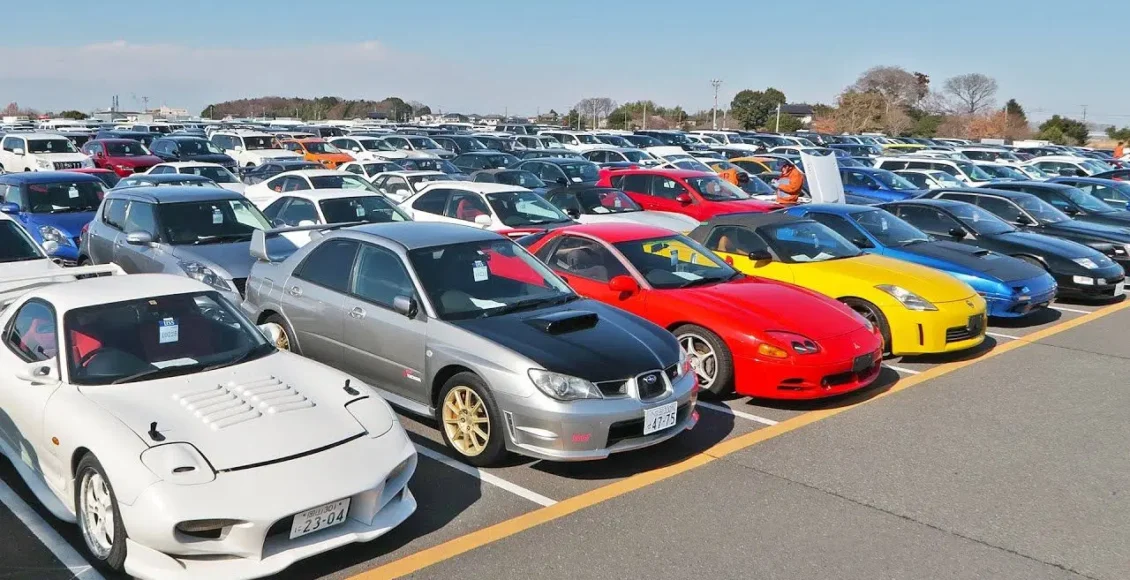KARACHI – Pakistani consumers hoping for cheaper cars may have to wait longer, as the government has confirmed a 40% tariff on all commercial imports of used cars starting next month. At the same time, accidental and substandard vehicles will be banned from entering the market.
The policy was outlined by Joint Secretary for Trade Policy Mohammad Ashfaq during a briefing to the Senate Standing Committees on Finance and Industry. He said the measure fulfills Pakistan’s commitments under the IMF’s $7 billion bailout package and is intended to protect the domestic automobile sector from sudden liberalization.
From September 2025, commercial imports of used cars up to five years old will be permitted, with restrictions removed entirely by July 2026. Over the next four years, the extra 40% tariff will gradually be reduced to zero, allowing imports of older models as well.
Pakistan is also bound to simplify its tariff regime, cutting the average rate from 20.2% to 9.7% within five years. Customs, regulatory, and additional duties will be phased out, leaving just four slabs with a maximum ceiling of 15%.
For now, though, relief for buyers remains elusive. High taxes—already 30% to 61% of car prices—combined with the new 40% tariff mean prices won’t fall despite trade liberalization.
Industry groups including PAMA and PAAPAM have raised strong objections, arguing that opening the market too quickly will undermine local production and parts manufacturers. They have urged lawmakers to slow down IMF-mandated reforms.
Analysts warn that Islamabad is balancing IMF obligations with local industry pressure. But in the short term, consumers remain squeezed: import restrictions, heavy taxation, and local monopolies mean car prices will stay among the highest in the region.



